Worried about your legal problems?
Don't Navigate the Legal System Alone
If you or your loved one has been arrested, you’re all too familiar with the gut-punch feeling followed by the immediate flaring of your fight-or-flight response. Your heart races and your mind goes a mile a minute because facing criminal charges can feel life-threatening. On top of whatever might come your way, you know you’re looking at a fight for your future.
Issa & Castro started almost 20 years ago after we saw good people face life-altering situations that might have had better results with quality representation. Mark and Jon have spent their careers doing everything in their power to fight for our clients’ rights and their futures.
While we can’t provide legal advice here, we can give you some general information about criminal law. Every case is unique, so if you’re wondering how the law might be applied in your situation, we’d be happy to have a no-obligation, complimentary consultation where you can gain insight from talking with one of our experienced attorneys.
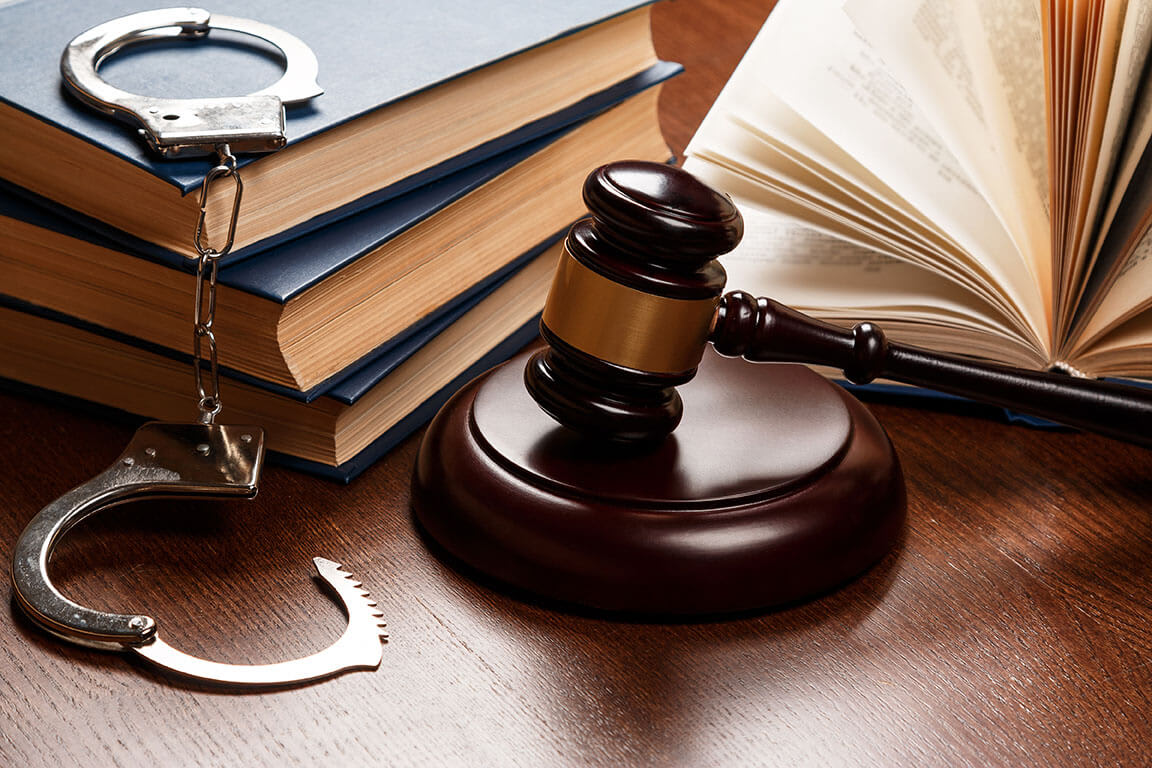
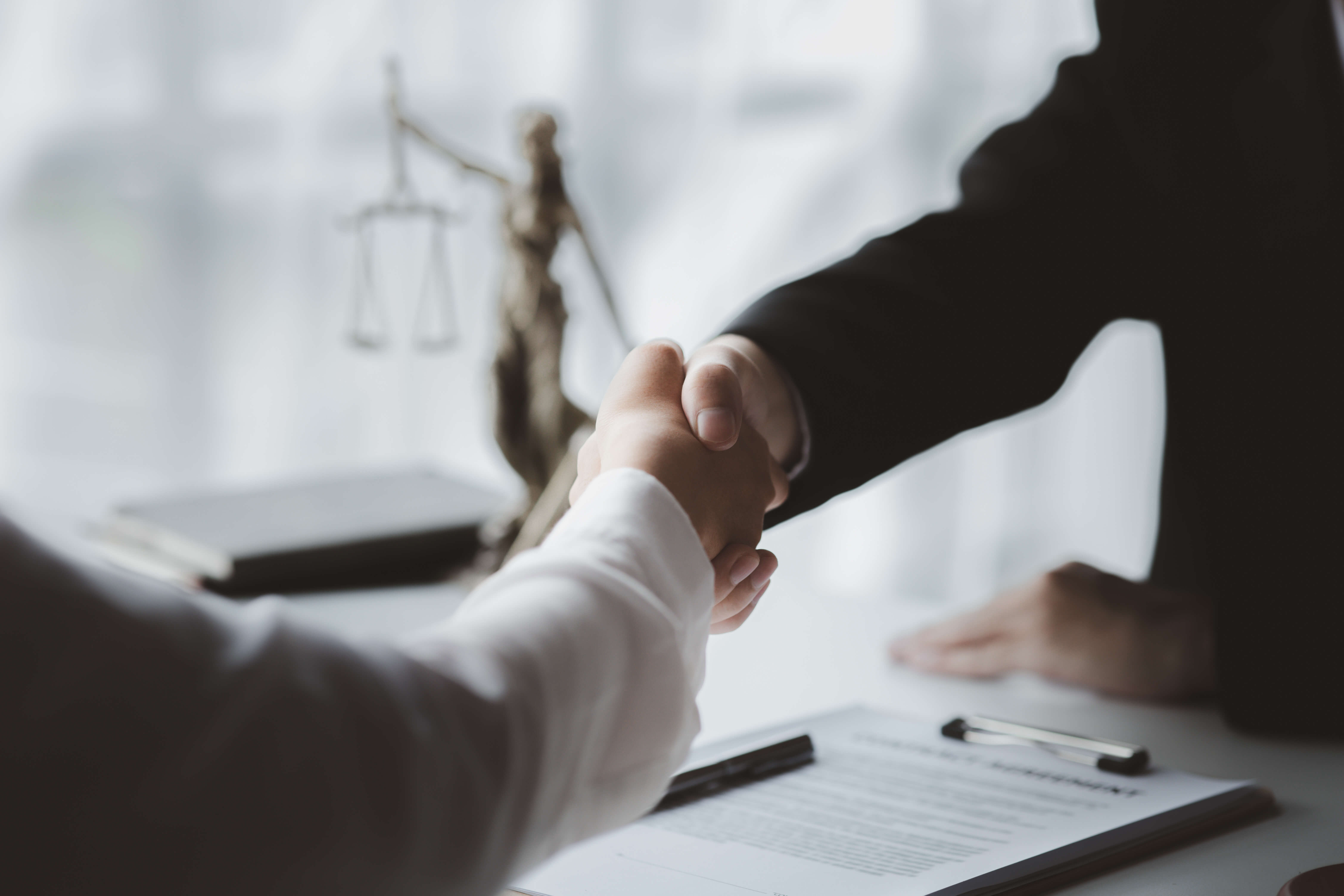
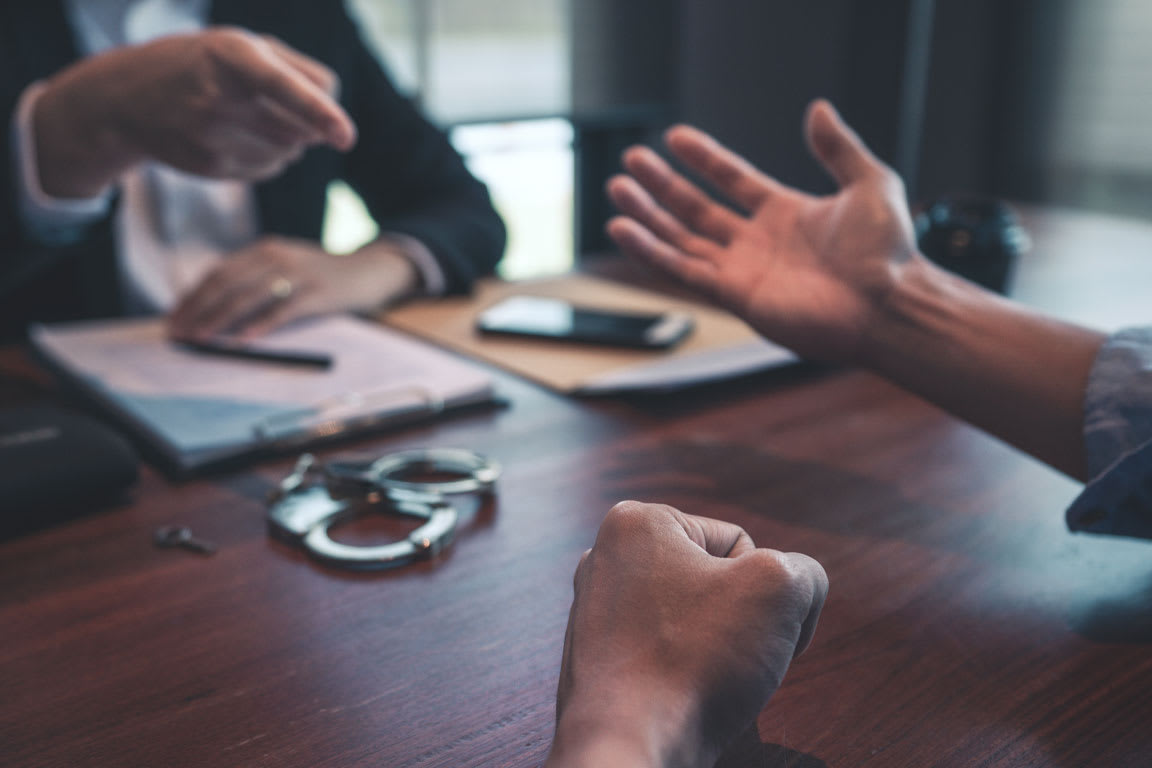
Featured Videos
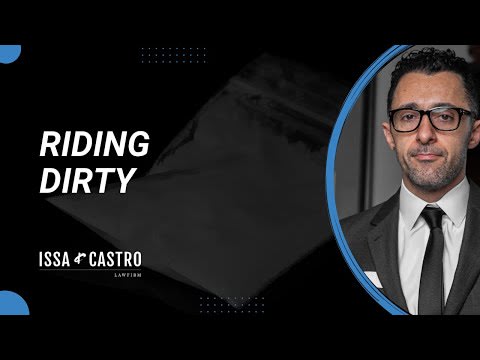






Additional Resources
Criminal Law Letters
Appearing in court? Need to provide character letters or a defendant’s statement?
Download these FREE Character Reference and Defendant’s Statement templates.

MOST COMMON QUESTION: What can I expect after I’m arrested?
You can expect that you’ll be treated unfairly. Seriously. The most important thing you can do is keep your cool. Lay low, stay cool, be nice. The government may not show you respect, so know that and keep yourself as calm as possible. In other words, remain silent and respectful. Yes, give your real name and address, but DO NOT talk to ANYONE about what did or didn’t happen in your case.
If you’re the loved one of someone who’s been arrested, they’re going to jail. They’ll be handcuffed, transported by the Atlanta Police Department to the county jail, and eventually be placed in a position to make a phone call. Our jails are pretty crowded, so that call might not come for 6 to 8 hours.
Sometimes your charges are bailable, and sometimes they’re not. Once you’ve been processed, the deputy in charge will let you know what’s up. If your charges are bailable, you’ll be given the chance to make a phone call, and do it in this order: loved one, bondsman, criminal defense attorney. If your charges are not bailable, you’ll appear before a magistrate judge (usually called a first appearance) who will address this bail situation.
Assuming you make bail, you’ll be released from custody as soon as the paperwork is done. Look, the county jail isn’t going to get you in and out like the Chick-fil-A drive thru, so you’re going to have to dig deep and find some patience.
In the meantime, your case is turned over to the District Attorney’s office…and that’s when they get to work. But we’re getting ahead of ourselves.
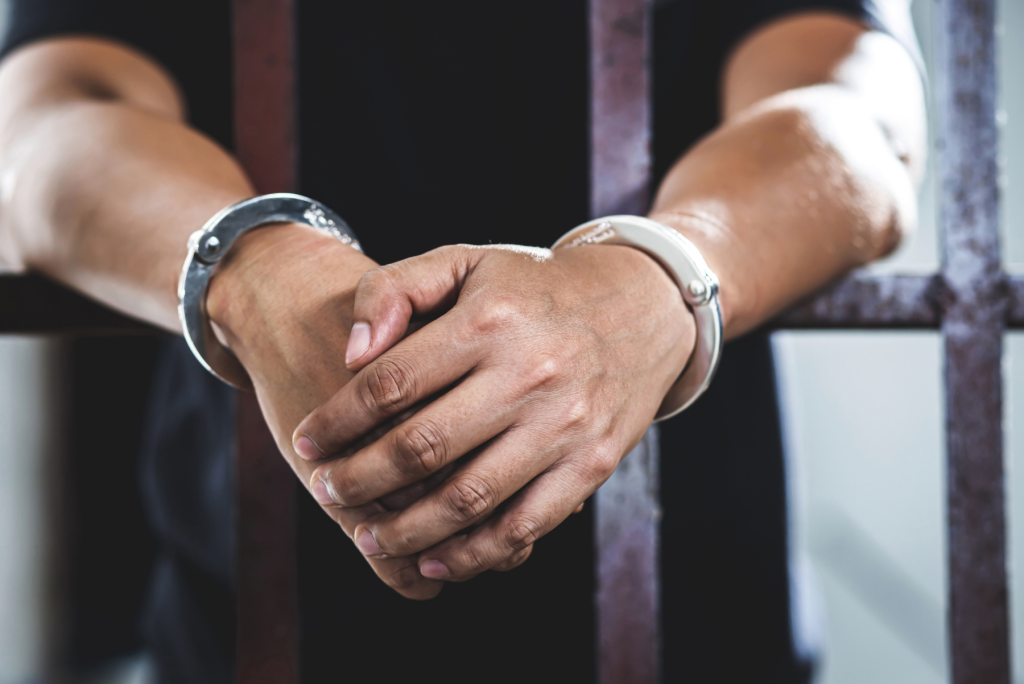
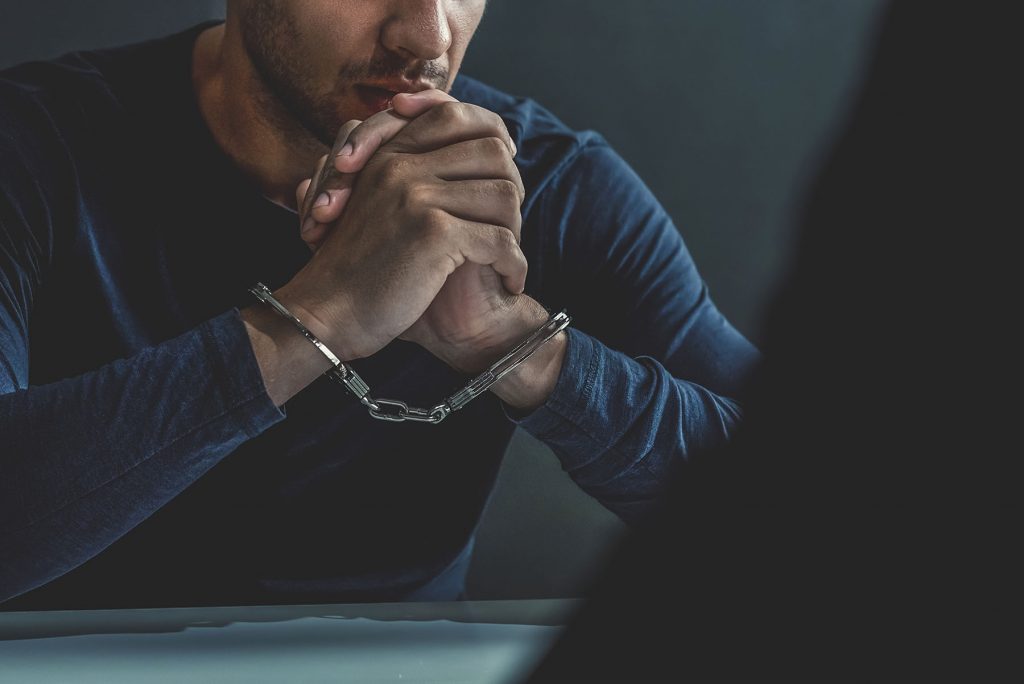
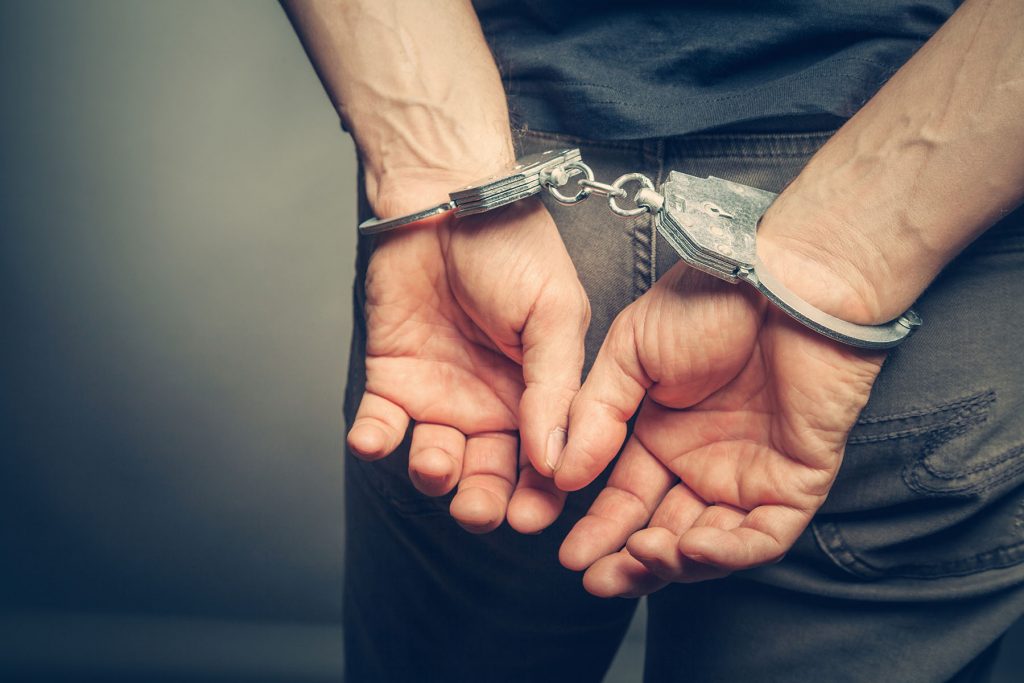
OTHER FREQUENTLY ASKED QUESTIONS
The law is often unjustly applied, so criminal defense attorneys work to ensure that if you’ve been accused of a crime, your rights are protected throughout the legal process and that you receive a fair trial. Criminal defense lawyers advocate for their clients, challenge the evidence presented by the prosecution, and ensure that you are not unfairly punished. Without criminal defense lawyers, innocent people can be wrongfully convicted while people who’ve done the crime sometimes face excessive penalties. In other words, criminal defense is about protecting the rights of individuals while checking the legal system.
Remember this: TV and movies can be misleading when it comes to educating people about the law. “It was self-defense” or “I was under the influence of drugs/alcohol” or “I was under duress” or “I was just following orders” might not hold up in your case, and could even cause more harm than good. It’s best to talk with a savvy, experienced criminal defense attorney to understand the options specific to your case.
All lawyers aren’t the same. Don’t let that cultural myth keep you from finding an attorney who’s right for you.
The first thing you want to do is ensure the person you’re talking with is experienced in criminal defense litigation. That means the lawyer knows his way around a courtroom and has a certain way of looking at cases that can help create the best defense possible.
Next, call around and talk to a couple of lawyers. Get the vibe of how they work and whether that will work for you. Do they treat you with respect? Do they speak to you like you’re a dignified human being? Are they caring in their approach? Do they give you the feeling that they’ll fight to win? If you answer yes to all of those questions, then you’re on the right track.
Finally, go with your gut. You’ve developed a good instinct for reading people over the years – use it.
Contrary to popular belief, criminal defense isn’t about helping people shirk responsibility for their actions. Rather, it’s about ensuring the law is applied fairly across the population. Systemic injustice is real, and when we fight for our clients, we’re fighting for justice across the board. Marginalized communities face harsher penalties at greater rates, and we consider it our duty to hold the system accountable for its lack of equal treatment under the law.
Help yourself by making a list of questions to ask before you go into the consultation. Ask about the lawyer’s track record–and listen for everyday language. One of the most important considerations is a potential criminal lawyer’s communication skills. Do you understand what the lawyer is saying? If you don’t, the potential jury won’t either. Get with someone who has proven results and sounds like a regular person rather than a textbook.
As you’re asking your questions, notice whether you feel like this person genuinely cares about you. You’re going to pay a lawyer no matter what, so why not work with someone who shows their empathy and compassion? By the way, that’s going to make a difference to a jury if you end up in front of one, so don’t hire a lawyer who doesn’t actually care.
People are capable of regulating themselves in small enough groups. However, we live in a population that needs a sense of safety to thrive. The law is an attempt to create “rules for living together successfully” and discourage behavior that could interfere with individual and collective safety.
This is where things get sticky. You’ll get another court date in the future (usually within a week) and you’ll be waiting in jail the whole time. At our office, we call this a preliminary hearing, but sometimes the state calls it a probable cause hearing.
The magistrate judge listens to the evidence and decides if there’s probable cause for the charge to stick. But – and this is a big but – this is NOT a trial, so the “burden of proof” is NOT on the prosecution. They don’t have to prove beyond a reasonable doubt that you’re guilty, which means if the judge buys the state’s story, you may be charged with a crime you didn’t commit. YEOW! Again, keep your cool and hire a criminal defense attorney yesterday.
If your charges fall into certain categories, you’ll wait several weeks for a bond hearing, where you’ll appear before a superior court judge to decide if bail should be set.
Tangling with the law is not easy. But we’re in it to win it, and we don’t stop until our clients have the best defense possible.
Whether a criminal lawyer is “expensive” depends on the results, right? So ask yourself if hiring a specific attorney is worth the investment. You’re looking to this person to stand for your rights and protect your future. Without an attorney, you could face more severe consequences. It’s going to sting to pay for quality legal representation, but it might wound if you end up without it.
You may have heard of Miranda rights:
- You have the right to remain silent and refuse to answer questions
- If you give up your right to remain silent, anything you say can and will be used against you in a court of law
- You have the right to consult an attorney before you speak to the police and have an attorney present for questioning now or in the future
- If you cannot afford an attorney, one will be appointed to you before any questioning if you wish
- If you decide to answer questions now without an attorney present, you will still have the right to stop answering at any time until you talk to an attorney
The best advice you can follow if you’re accused of a crime is to exercise your right to remain silent. While you might want to plead your case, you should ONLY do so with your attorney. Remember: your best defense is silence.
In addition, you have the right to a fair and speedy trial and the right to know who’s making the accusation against you. If you have specific questions about your case, consult an experienced criminal defense attorney.
These types of cases differ in terms of who can bring suit. Criminal law charges are brought by the government (local, state, federal). Civil suits are between private entities (individuals, corporations).
They also differ in terms of the standard of proof. Criminal law charges must be proven beyond a reasonable doubt. Civil suits are decided based on the preponderance (quality) of evidence.
The burden of proof in criminal cases rests with the government; in civil cases it’s with the plaintiff (the person who initiates the suit because they feel they’ve been harmed in some way).
Examples of criminal cases include larceny, DUI, and murder. Civil cases might include personal injury or breach of contract.
Penalties for criminal cases can include jail or prison time, fines, restraining orders, or injunctions. Civil suits might be settled through incarceration, financial compensation, restraining orders, or injunctions.
The standard lawyer response is, “It depends.” Our fees can be tax deductible, depending on the circumstances. It’s best to contact your CPA or tax pro to find out what’s possible for you.
Specific strategies depend entirely on the case. In general, we’re going to challenge the evidence presented by the government. We will look for any violation of our clients’ rights during the arrest or investigation. We’ll poke holes in the prosecution’s story – they weren’t there, so they need to prove guilt beyond a reasonable doubt…we’ll show that. If there’s a plea, we’ll help you evaluate its terms and decide if it’s the right move for you.
Voire dire is about jury selection, and it’s vitally important to any trial. This is where your lawyer works to ensure the jury is fair and impartial, including diversity, equity, and inclusion concerns. The attorneys for both the prosecution and defense ask jurors a series of questions to determine suitability for jury service, and both sides must agree on each potential juror.
Voire dire means “to speak truly” and jurors must answer the question, “Do you solemnly swear or affirm that you will answer truthfully all questions put to you as prospective jurors?”
Jurors are often asked about their knowledge of the case, relationships with any of the parties (defendant, attorneys, witnesses, judge, jurors, etc.), prior litigation experience, prior jury service, or anything else that might impair their judgment in the case. This might include attitudes toward the law or criminal behavior, areas of prejudice, willingness to follow the law, or views on other jury verdicts they may have heard about.
You can expect your lawyer to appear in court on your behalf. We represent clients at arraignments, bail hearings, plea bargains, pretrial motions, and at trial. We’ve been in and out of courtrooms for over 50 combined years of experience.
“It depends.” No doubt you’ve heard about retainers and hourly rates that run from a few hundred dollars to hundreds of thousands of dollars. The investment you make in your defense is entirely up to you – remember, you have the right to an attorney even if you can’t afford one. If you want to know what an agreement with Issa & Castro might look like, we’ll talk to you without charging a fee and answer the questions you have without obligation. We’ll give you the information you need to make the decision that’s right for you.
How to Choose the Right Lawyer?
Remember this saying: You can’t do a good deal with a bad partner.
Chances are, you’ve been burned when picking people to work with—that might be what landed you in this situation to begin with. So let’s talk about a few things to look out for when you’re hiring an attorney to defend your rights and your freedom.
.01
Pay attention to whether you feel seen and heard. If the lawyer doesn’t leave room for you to talk or finds their allocution more compelling than your experience, ask yourself if they’ll be the right partner for you. When you tangled with the cops, we implored you to exercise your right to remain silent. Talking to your lawyer should feel natural and easy.
Does the conversation flow easily between you and your lawyer? We believe communication creates connection, so we do what we can to keep the lines open. When you work with us, you’ll have our personal cell phone numbers so that you’ve got a lifeline when you need it.
.02
You’ve developed some pretty savvy people-reading skills by this point, so tune in to your gut sense. You remember that time you heard a whisper that something was wrong but moved forward anyway and shit went sideways? Let yourself hear the whisper, whether it’s saying yes or no.
Trust your gut when you’re interviewing criminal defense lawyers. Oh, and something to think about: You may not think you can trust your gut because someone you trusted sold you out. It’s our commitment to you to be safe, reliable, and trustworthy. We’ve seen the difference it makes in people’s lives to have someone believe in them, so we strive not only to litigate fiercely but also so show people that they matter and we care.
.03
Make sure your lawyer is comfortable in a courtroom. Though there’s a chance that your case will settle out of court, there is also a chance that we’ll need to go to trial. Find out if your lawyer has defended charges like yours and how many times they’ve been to court. That experience is invaluable in negotiating with the state, so you’ll only benefit if you hire a criminal defense lawyer who has experience in front of a jury.
Does your lawyer excel in a courtroom? Skills like strategy, case preparation, investigation, and defense are at the forefront of our minds when we work with our clients. We’re considering not only how the government might view your case but also how a jury would so that you get the best outcome possible.
Have more questions, or in need of legal assistance?
WE’RE HERE FOR YOU!
The first step is to call or text 404-491-7561 to schedule a free consultation. During that time, you’ll get to tell us your story and we’ll show you how we can help. We’ll talk about fees, payment plans, and what you can expect when you work with us. You’ll hear all of the options we see in your case, and you’ll have the information you need to decide if we’re the right lawyers for you.




